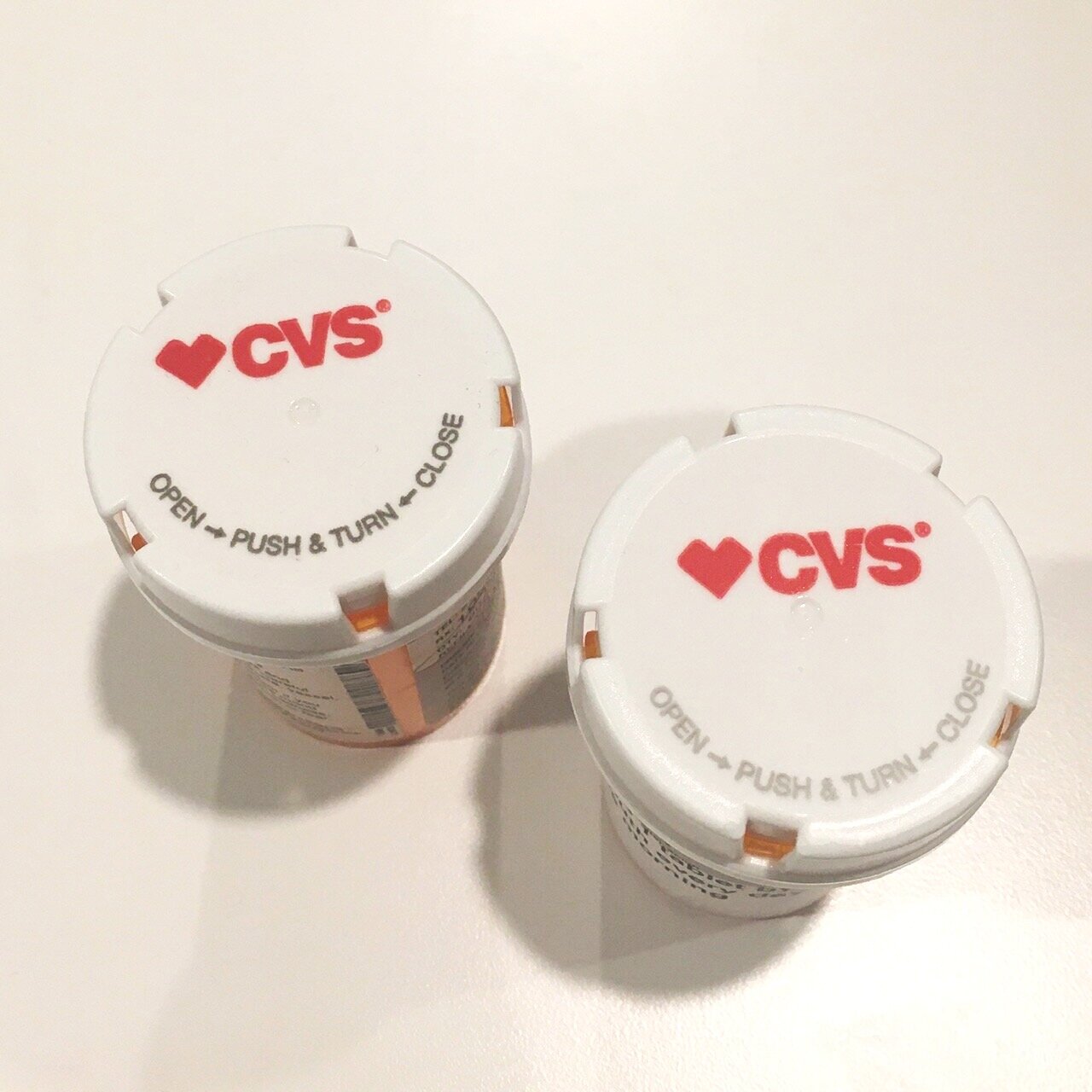To Medicate or Not to Medicate After Child Loss
There’s an ongoing, general stigma about mental health care and medication that needs to be addressed, but this post is specifically about medication for catastrophic loss and situational depression.
I have met many moms who were able to handle the pain of losing their babies in an even-keeled way - lots of support, exercise, prayer, therapy, etc. They missed their children so much, but they were able to build a routine after a couple of weeks to stabilize and begin to heal.
I read articles that suggested that medicating after a catastrophic loss (like losing a child suddenly) was the same as regular grief in the loss of a loved one. That medication would '“keep me from feeling the pain” and “slow the natural grief process.”
I had the full gamut of opinions. Many people that I love take maintenance medication for consistent, chemical issues with anxiety and depression. Then some suggested to me that taking medication would “fry my brain.”
What I Experienced
These were not my experiences. A month after Tepley died, I still felt like I was at the bottom of a dark hole, flooded and overwhelmed every day. I had started back to work, so I could go to meetings and hold it together for a couple of hours but then I would be in a stall in the bathroom balling. I just wanted to be with Tepley. I just wanted the pain to go away.
I also couldn’t sleep. I would wake up in the middle of the night in disbelief, tormented by all the what if’s. I was so depressed that I wanted to sleep all the time, but I couldn’t sleep, knowing that I would have to wake up and relive that she was gone all over again. I tried Ambien, and even though I was warned I might sleep walk into dangerous situations on the street, it didn’t even help me sleep.
Considering Medication
After those first few weeks, my grief counselor Mary suggested that I see a psychiatrist to discuss medication. Finding a psychiatrist in New York is a little intimidating, even with referrals from friends. There are those who have only old answering machines and you leave a message hoping for the best. And then there are others who can be booked online but then they need to get you in and out so quickly that they just ask you the basic questions and move on.
I decided on someone who is both an analyst who talks through the issues and also consults on medication, if needed. Some psychiatrists deal only in medication management, which could work in coordination with therapy, but given my concern about taking anything, I wanted someone who would coordinate on both.
Eventually I found a psychiatrist, and she listened to me talk as I could barely get the words out. I poured out in a rolling spew all the things I could have done differently, about how I felt cursed as I lost my child and my hope for life. I told her about the despair - how I couldn’t eat and could barely walk outside. I told her about how my mother wouldn’t leave because she was so worried about her daughter, who had previously been able to weather any storm. I cried about how I felt so guilty about dragging down my husband, who had his own pain to process.
After listening to me, my psychiatrist said I didn’t need to suffer like this all the time. She recommended two medications - one more short-term and one that would build in my system over time.
When I took the first medication, within a few hours I felt more balanced. I still cried, but I felt like I could breathe. After a couple of weeks, I could text people back and have longer conversations without having to lay down.
By two months after starting both medications, I was able to go on a vacation with my family and enjoy experiences as a wife, a daughter, a sister, and an aunt - if not as a mother.
Coming off The Medications
After a few months, I dropped the first medication down to half a pill at night to be sure I could still sleep. At 8 months after Tepley died, I stopped that medication all together when I felt like pain certainly still came, but I had daily strategies to address the suffering.
At 10 months after losing her, I am coming off the longer term medication at a time when I miss her constantly but there is less suffering. I can talk myself through the guilt. I feel her presence through the signs she sends me, so I know that she is not gone from my life but she is gone from the physical world.
The only way to heal is to have breaks from the pain. Healing from any illness or tragedy, what helps is so personal to you and your body - but the basic need of stabilizing before you heal applies to all of us.
For me, after weeks I was so overwhelmed by the pain, I couldn’t contemplate moving forward. Now I understand - and am grateful for - these complements to the rest of care. Relieving the extremes of suffering gave me more space to heal and to rebuild.

